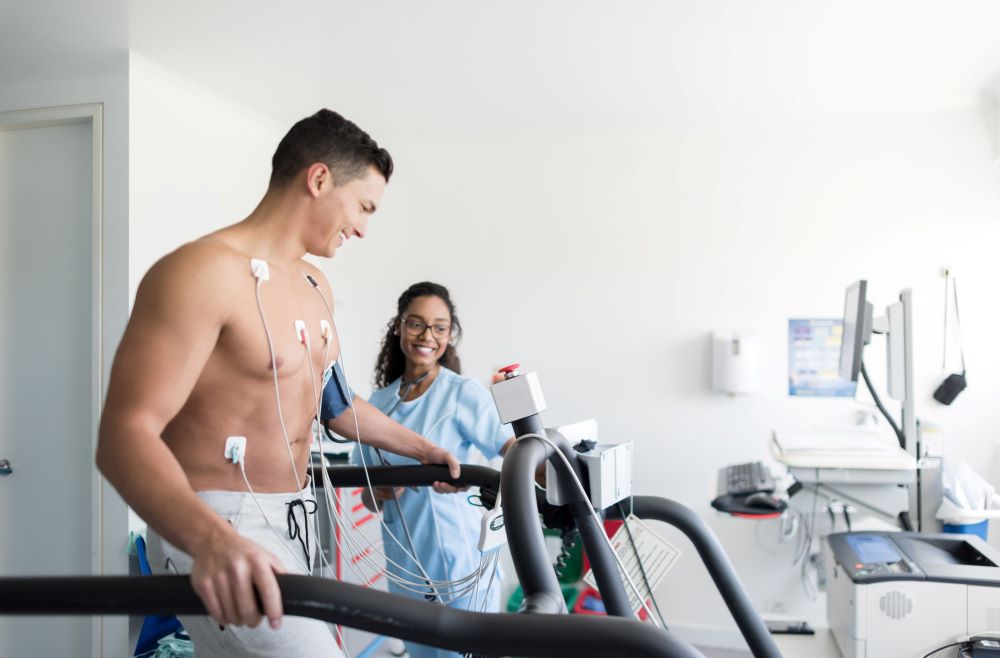Everything You Should Know About Stress Testing

Medical experts often recommend stress testing if you have symptoms of a heart condition, but your electrocardiogram (EKG) results are normal. Stress testing can detect heart disorders that an EKG may not detect. The TLC Medical Group Inc team then analyzes your results to identify the cause of the abnormalities before recommending the appropriate treatment plan. Nuclear stress testing Port Saint Lucie can help your doctor to detect underlying heart disorders and treat them before they cause further damage.
What you should know about stress testing
Stress testing is a diagnostic procedure that assesses your heart’s response to intense stress. The test requires you to exercise on a stationary bike or a treadmill while your provider monitors your blood pressure, ECG, and heart rate. This test aims at increasing your heart rate to detect changes in blood pressure and symptoms like shortness of breath and chest pain. Stress testing is an effective diagnostic technique for heart valve disorders and coronary artery disease. The type of stress test the team recommends will rely on your current health condition and medical history. Stress testing is often well-tolerated; most patients regain their energy within a few hours. However, patients with pre-existing heart conditions can potentially develop arrhythmias or a heart attack after the test. Stress testing can help your doctor develop the most effective treatment plan and help you adjust your lifestyle to minimize your risk of cardiac events.
How to prepare for nuclear stress testing
During your initial appointment, your doctor will give instructions on preparing for your nuclear stress test. They may advise you to wear comfortable clothes and avoid jewelry during the appointment. You may also need to avoid nicotine or caffeine for several hours before the test, as these products can affect the accuracy of your results. During your initial appointment, inform your provider about any medication you ma taking before making any changes to your dosage.
What to expect during the procedure
During the test, you will exercise on a treadmill while your physician monitors your heart rate and pressure. If you have a health condition that prevents you from exercising, they may give you special medication to accelerate your heart rate. Once your heart rate reaches a certain level, your provider will inject a radioactive tracer into your bloodstream. Then they will conduct a nuclear imaging scan using a special camera to detect any blockages in your heart. The procedure usually lasts for about three to four hours. This procedure can cause minor side effects, nausea, or allergic reactions, which are rare.
What to expect after the test
After a nuclear stress test, your provider may recommend resting to allow your body to recover. You may also need to eat to replenish your energy. Your provider may also recommend avoiding strenuous activity for at least 24 hours after the test. If your tests reveal signs of heart disease, the team may discuss the available treatment options before developing a personalized treatment plan.
For more information about stress testing, call the TLC Medical Group Inc office or book your spot online.




